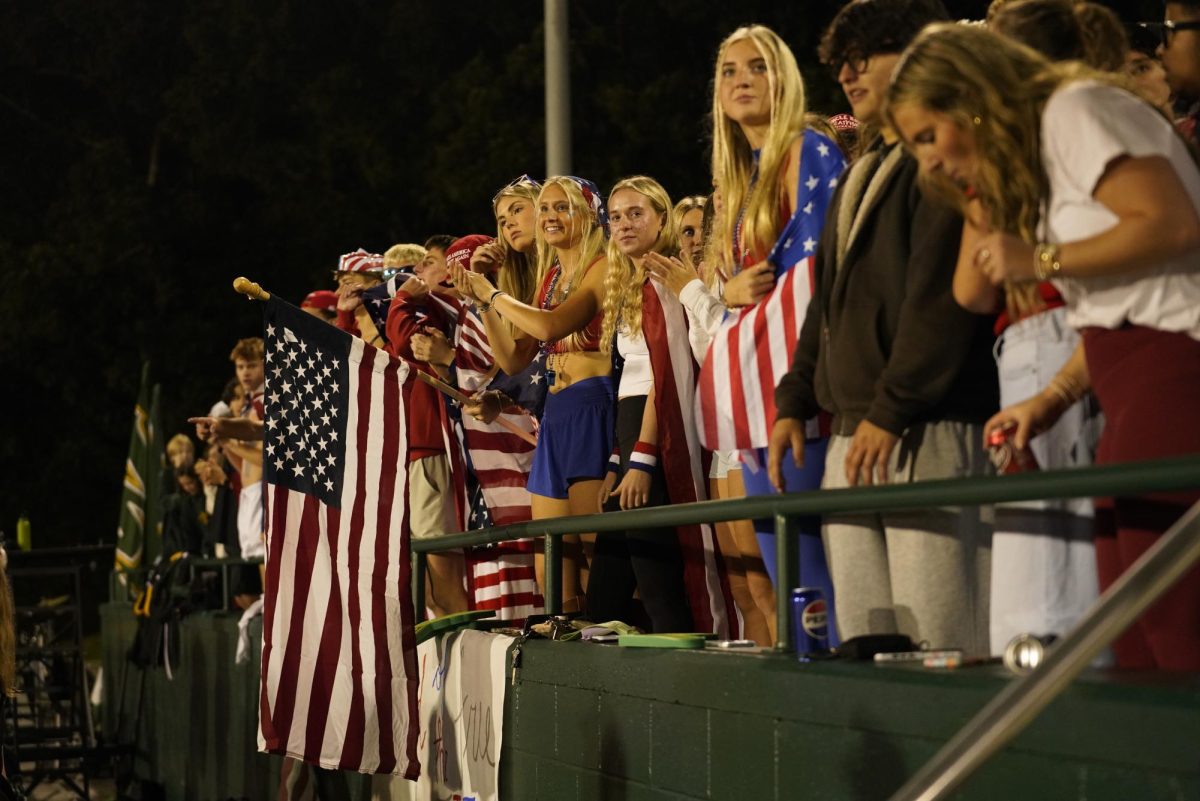No Memory of an American Tragedy: What Shapes Gen Z’s Knowledge of 9/11?
September 10, 2021
American Airlines Flight 11 was hijacked by five members of al-Qaeda, crashing into the North Tower of the World Trade Center in New York minutes later on September 11, 2001, at 8:14 a.m. United Airlines Flight 175 was hijacked by five other men, demolishing the other Twin Tower not even 15 minutes later. American Airlines Flight 77 reaches its final destination, The Pentagon, and United Airlines Flight 93 crash-lands in Shanksville, Pennsylvania. The attacks were the work of militant Sunni Islamist group al-Qaeda and coordinated by al-Qaeda founder Osama bin Laden. 265 casualties alone resulted from those four flights, adding to the total of 2,996 people dead from the terrorist attacks. Firefighters and other first responders were at the scene of smoke and rubble, pulling bodies out of the wreckage and tending to the injured. It took 9 months for all of the World Trade Center wreckage to be cleared. After these events, the government instituted the airport procedure of luggage screening and several acts were passed in the following years, allowing America to detect terrorist activity further. The instances of hate crimes against Middle Eastern people surged dramatically in the weeks after the attack. Generation Z wasn’t alive though, so what factors play into their outsider perspectives?
Students had varying responses to questions testing their knowledge of 9/11 facts.
“It happened midday on September 11, not sure how it was planned. 1000 people died?” sophomore Kelsey Leftwich said.
“On September 11 when the Taliban raised hell in New York. I feel like 1500 people died,” junior Brian Tello said.
“It happened on September 11, by terrorists, and it killed a lot of people,” senior Briney Tolentino said.
Compared to other generations, Gen Z has countless opportunities to inform themselves on significant events, past and present, with increased access to the internet. However, their knowledge of 9/11 is mainly based on facts learned long ago in grade school.
“It feels like something that we learned in history books, something like World War II,” said 22 year old New York University graduate Christina Liu to VOA News.
Some of this disconnect may be due to stagnant nationalist attitudes among people born after 1996. According to the Pew Research Center, the likelihood of American youth believing that other countries in the world are better than America is equal to that of millennials at 30 percent.
Another factor to consider regarding Gen Z’s disengagement from 9/11 is the state of our country as a whole, today, vs. 20 years ago. While 2001-era America had its fair share of complicated affairs, they were not experiencing a global pandemic or a mental health crisis. Trying to resolve these issues has potentially focused our national direction primarily towards the future instead of the past; our challenges now may make it harder to put other tragedies before us in perspective.
So, is Gen Z’s widely varying spectrum of knowledge regarding 9/11 a product of a generational disconnect, disaffection, distraction, or all three?





